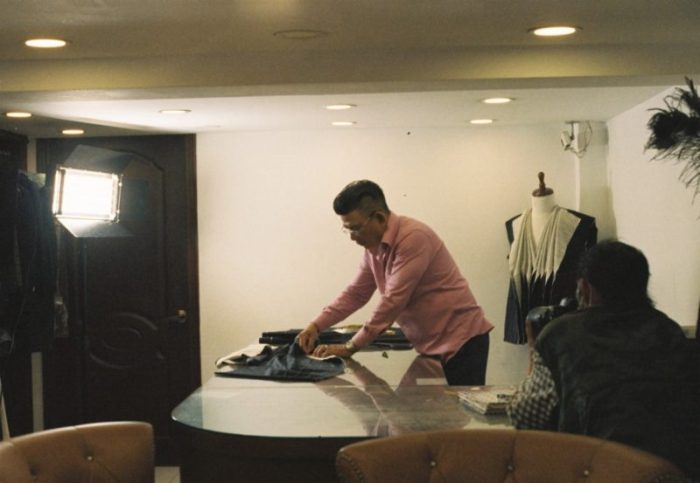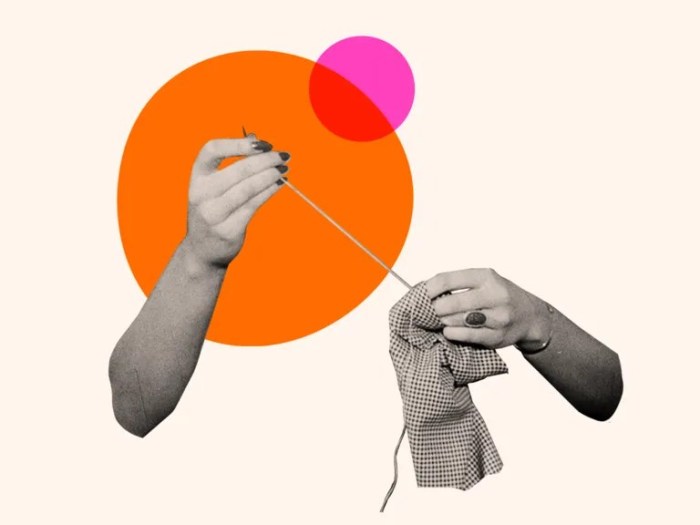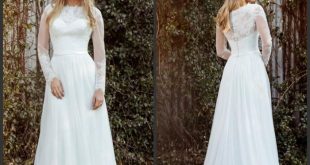Tipping Your Seamstress for Your Wedding Dress

Source: weddingfrontier.com
Do you tip seamstress for wedding dress – Navigating the etiquette of tipping service providers, especially for a significant purchase like a wedding dress, can be tricky. Understanding customary tipping practices, influencing factors, and alternative expressions of gratitude ensures a positive experience for both the client and the seamstress.
Customary Tipping Practices
Tipping customs vary significantly across geographical regions and cultures. In some areas, tipping is deeply ingrained in the service industry, while in others, it’s less common or even considered inappropriate. The level of service, complexity of work, and the overall client experience heavily influence the tipping amount.
| Region | Alterations/Dressmaking | Custom Design | Notes |
|---|---|---|---|
| United States | 15-20% of total cost | 15-25% or more, depending on complexity | Higher tips are common for exceptional work or significant time investment. |
| United Kingdom | 10-15% is common, but not always expected. | Negotiable, often based on a pre-agreed price | Tipping is less prevalent than in the US, but appreciated for excellent service. |
| Canada | Similar to the US, 15-20% is typical. | Negotiable, often discussed beforehand. | Cultural norms are similar to the US, with appreciation for excellent craftsmanship. |
| Australia | Tipping is less common, but a small gesture is appreciated. | May be negotiated upfront. | Gratuity is not as ingrained as in North America. |
Factors Influencing Tip Amount
Several factors contribute to the amount a client chooses to tip their seamstress. These factors range from the objective aspects of the work to the subjective experience of the client.
- Complexity of Alterations: Extensive alterations requiring significant time and skill warrant a higher tip than minor adjustments.
- Time Invested: The amount of time the seamstress dedicates to the project directly impacts the tip amount. A rushed job may receive less than a meticulously crafted one.
- Quality of Workmanship: Exceptional craftsmanship, attention to detail, and a perfect fit significantly influence the tip.
- Exceeding Expectations: Going above and beyond, such as offering extra services or accommodating difficult requests, warrants a generous tip.
- Overall Client Experience: Positive communication, professionalism, and a pleasant experience contribute to a higher tip.
Alternatives to Monetary Tips, Do you tip seamstress for wedding dress

Source: xogrp.com
While monetary tips are appreciated, alternative ways to show gratitude exist. These gestures can be just as valuable, especially for seamstresses who prioritize client satisfaction and build long-term relationships.
- Written Testimonials: Positive reviews on online platforms or personal recommendations are powerful forms of appreciation.
- Referrals: Recommending the seamstress to friends and family provides valuable business opportunities.
- Positive Feedback: A heartfelt thank you expressing your satisfaction with their work can be incredibly meaningful.
- Small Gift: A thoughtful gift, such as a high-quality sewing tool or a gift card to a local shop, shows appreciation in a unique way.
Professionalism and Expectations

Source: weddingfrontier.com
Professionalism and clear communication are crucial in setting expectations and influencing tipping behavior. The seamstress’s conduct, pricing transparency, and overall customer service play a significant role in the client’s willingness to tip generously.
For example: A seamstress who clearly Artikels her pricing structure, communicates regularly with the client, and delivers exceptional work will likely receive a higher tip than one who is unresponsive, unclear about costs, and delivers subpar work.
Visual Representation of Tipping Guidelines
An infographic illustrating appropriate tipping percentages could be structured with three main sections: Minor Alterations, Major Alterations, and Custom Design. Each section would display a visual representation (e.g., a bar graph or pie chart) showing the recommended tip range (e.g., 10-15% for minor alterations, 15-20% for major alterations, and 20-25% or more for custom design). Accompanying text would explain the rationale behind each range, highlighting factors like time investment, complexity, and the overall quality of work.
For instance, the “Major Alterations” section might show a bar graph indicating a 15-20% tip range, with accompanying text explaining that this range accounts for the significant time and skill required for complex alterations, such as extensive reshaping or intricate embellishments. Similarly, the “Custom Design” section might highlight a higher tip range (20-25% or more) due to the extensive design consultation, pattern making, and unique construction involved.
Commonly Asked Questions: Do You Tip Seamstress For Wedding Dress
What is the average tip percentage for a seamstress?
A common range is 10-20% of the total cost, but this can vary depending on the complexity of the work and your satisfaction.
Should I tip if the seamstress only made minor adjustments?
Even for minor adjustments, a small token of appreciation, such as $10-$20, is a kind gesture. Consider the time involved and the overall experience.
Whether or not to tip your seamstress for your wedding dress alterations depends on the extent of the work and your personal preference; a generous tip is always appreciated for exceptional service. This is especially true if you’re considering a stunning different color wedding dress , which often requires more intricate tailoring. Ultimately, the decision on tipping your seamstress rests on your satisfaction with the final result of your wedding dress.
What if I’m unhappy with the work?
If you’re unsatisfied with the seamstress’s work, addressing your concerns directly is crucial before deciding on a tip. A tip is a gesture of appreciation for excellent service.
Is it appropriate to tip with a gift card instead of cash?
While cash is customary, a gift card to a relevant store (fabric store, etc.) can be a thoughtful alternative, especially if you know the seamstress’s preferences.
 Interior Living
Interior Living
